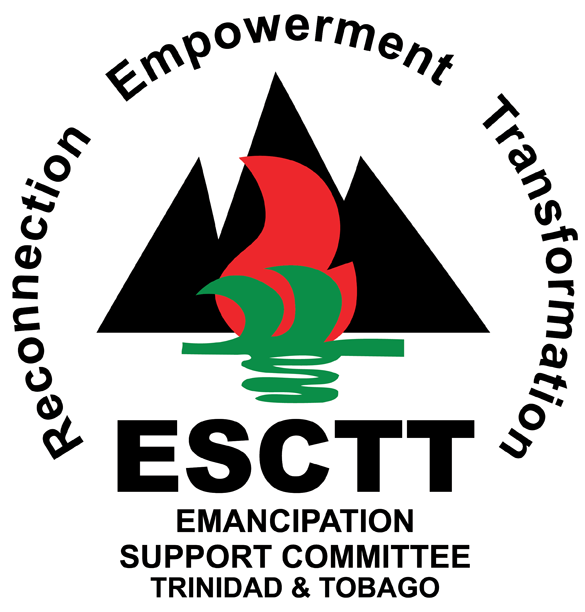The Emancipation Support Committee of Trinidad & Tobago publicly extends its thanks to the Prime Minister and Government of Trinidad and Tobago for the grant of land to the Spiritual Baptist Community to build a cathedral. This lays the groundwork for the fulfillment of a long sought dream for a community that has had to fight the ugliest forms of discrimination, attempts at dissolution by the colonial state and a continuing struggle for equal social recognition, a price they pay for keeping African traditions alive in their manner of worship.
It is against this background that the Prime Minister of Trinidad and Tobago, Dr. Keith Rowley paid a fitting tribute to the community by the grant of the land and the presentation of it as a form of reparation by the State. To quote the Prime Minister’s words:
“There are people all over the world today in universities and churches asking for reparations for our ancestors who were enslaved. Intellectual arguments are being made convincingly about reparation from those who enriched themselves from the lives of our ancestors. How do you, the people of TT feel knowing that the State had prevented in some way, the Baptist of the past, from building their own cathedral? How about the State helping them to build it now?”
The Emancipation Support Committee of Trinidad & Tobago was encouraged by these words which showed an appreciation for the ongoing battle for reparations globally, specifically reparations for “our ancestors who were enslaved” and reparation from “those who enriched themselves from the lives of our ancestors”.
Quite frankly it has been a matter of deep concern to us that we have not heard any public word from the Prime Minister or other Ministers of government about this country’s official position on the question of reparations, particularly as reparations for African enslavement and native genocide form part of the official policy of CARICOM. As an organization with a long standing commitment to reparations and represented on a Cabinet appointed Trinidad and Tobago National Committee on Reparations, set up in 2014, we are anxious to see the Government of Trinidad and Tobago taking up its role within this CARICOM mission.
Our anxiety has grown as we have now reached the fifth year, the midpoint of the International Decade for People of African Descent. This UN-declared Decade adds to an enabling environment for the pursuit of reparations internationally. At this time we are not aware of any plans or programs by the Government in recognition of the Decade.
Citizens in this country who are conscious of their African heritage see the potential for forward movement if there is a positive embrace of these related activities. The whole society in fact would reap the benefits of a decade which has as its watchwords – recognition, justice and development. Each of these watchwords could focus our nationals generally on critical issues, particularly as they relate to the African population. At all costs the potential of the decade must not be converted into a lost opportunity.
As a non-governmental network which has organized many activities in commemoration of the Decade and an organization which from its inception has embraced the struggle for reparations, we take this opportunity to call on the Prime Minister to convert his stated opinion that intellectual arguments for reparations are convincing into actions. The fact that seeking reparations is already CARICOM policy facilitates such action. The fact that the decision was made by regional Heads of State in Trinidad and Tobago in 2013 makes it even more compelling for this country to play an important role. We also look forward to a governmental embrace of the UN- declared International Decade for People of African Descent.
###
Khafra Kambon
Chairman
